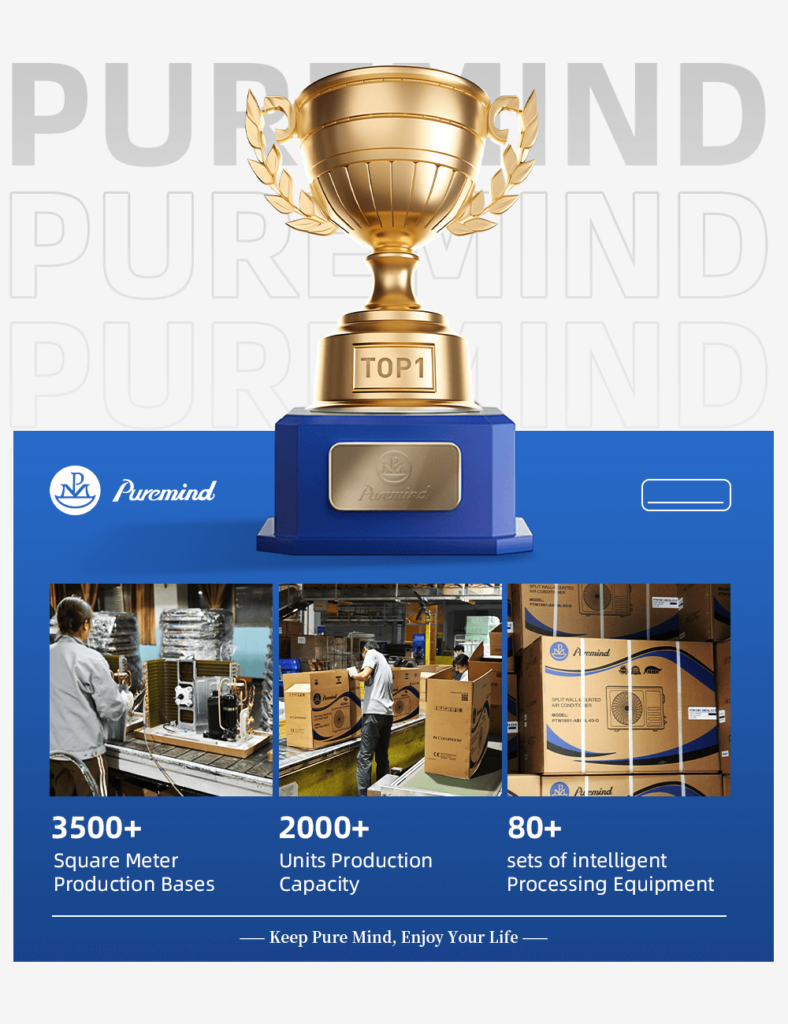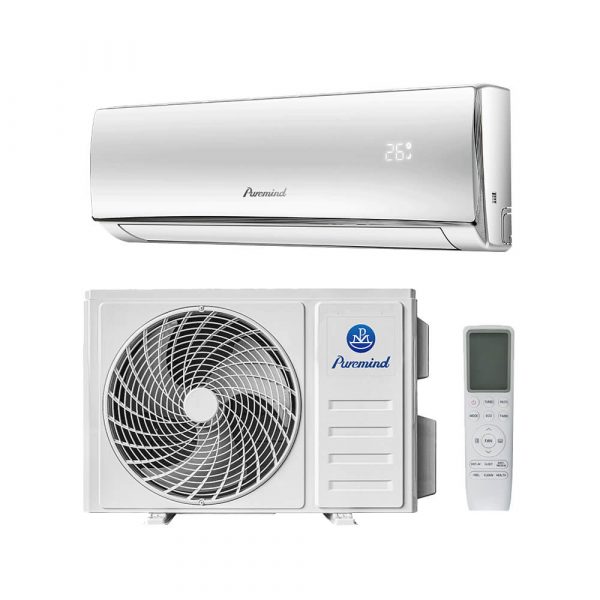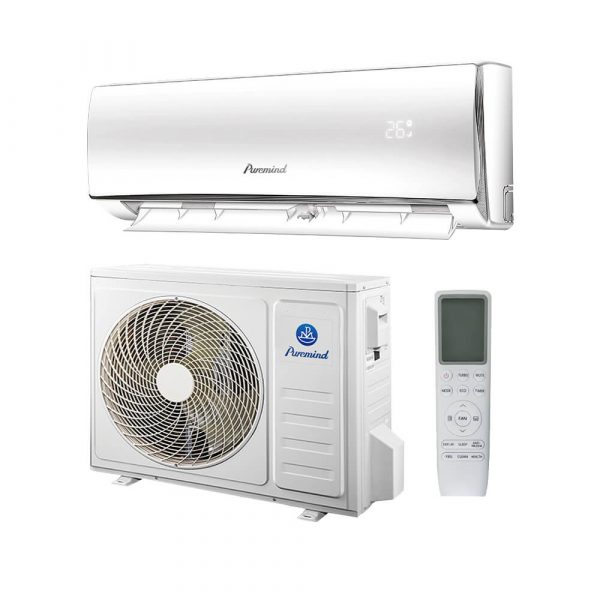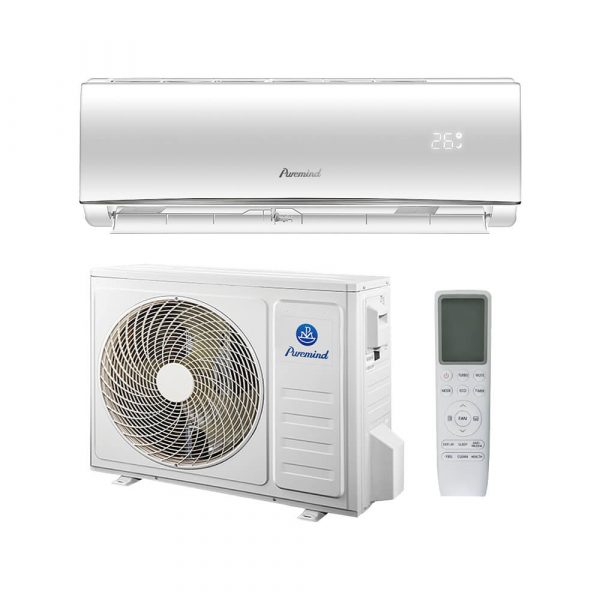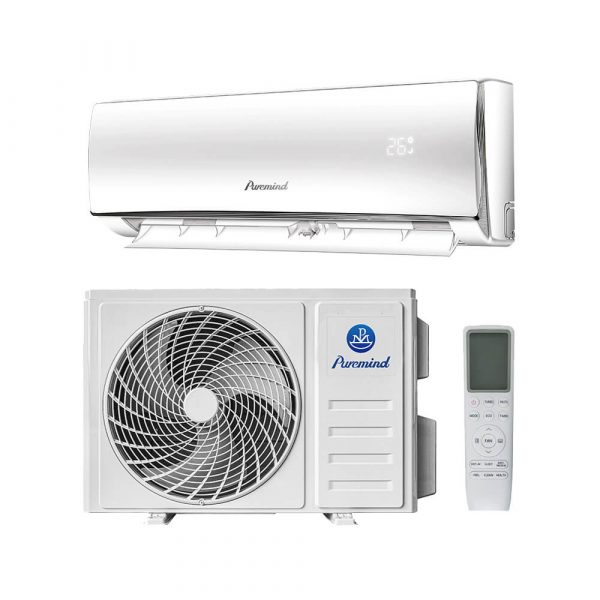Carrier Air Conditioner Split Type: Complete Guide for Wholesalers and Distributors
The Carrier air conditioner split type system is one of the most trusted HVAC solutions in the world. Known for its innovation, reliability, and energy efficiency, Carrier has been a global leader in air conditioning technology for decades. For wholesalers, suppliers, and distributors, understanding the features, advantages, and market potential of Carrier split systems is essential for capturing demand and building profitable business relationships.
What Is a Carrier Split Type Air Conditioner?
A split type air conditioner from Carrier is designed with two primary components: an outdoor condenser unit and an indoor evaporator unit. These two are connected through refrigerant piping and electrical lines, making them efficient, quiet, and flexible compared with window or portable units. Carrier’s split systems are widely used across residential, commercial, and hospitality markets.
Key Features of Carrier Split Systems
Wholesalers should highlight these unique Carrier features when presenting to contractors and business clients:
- Inverter Technology: Adjusts compressor speed for maximum energy efficiency.
- High SEER Ratings: Carrier split systems often exceed 20 SEER, reducing utility costs.
- Durability: Designed for long service life, even under tough environmental conditions.
- Quiet Performance: Indoor units operate at ultra-low noise levels.
- Smart Controls: Many Carrier models integrate with Wi-Fi for app and voice assistant control.
Why Carrier Air Conditioner Split Type Is Popular
Carrier remains a leading brand worldwide because customers associate it with:
- Reliability: Known for consistent performance and fewer breakdowns.
- Comfort: Delivers precise temperature and humidity control.
- Efficiency: Meets or exceeds global energy standards.
- After-Sales Support: Strong warranty and technical assistance.
Applications of Carrier Split Type Units
- Residential Homes: Popular for bedrooms, living rooms, and home offices.
- Commercial Buildings: Offices and retail spaces use multi-zone systems for targeted comfort.
- Hospitality: Hotels and resorts value Carrier’s reliability and quiet performance.
- Educational Institutions: Classrooms benefit from consistent and energy-efficient climate control.
Cost of Carrier Split Systems
The cost of a Carrier air conditioner split type varies by capacity, model, and technology. On average:
- Entry-Level Units: $2,000 – $3,500 for single-zone systems.
- Mid-Range Units: $3,600 – $5,500 with higher SEER ratings.
- Premium Multi-Zone Units: $6,000 – $10,000 with advanced features and smart connectivity.
Wholesalers can emphasize ROI, as Carrier’s high-efficiency systems typically pay for themselves through energy savings within a few years.
Carrier vs. Other Brands
When contractors or buyers compare Carrier with other HVAC manufacturers, these are the key differentiators:
- Brand Recognition: Carrier is one of the most recognized HVAC names worldwide.
- Long-Term Value: Though more expensive upfront, Carrier systems provide greater reliability and lifespan.
- Innovation: Carrier continually invests in eco-friendly refrigerants and IoT-enabled technologies.
Installation and Maintenance Considerations
Carrier split systems are designed for professional installation. Wholesalers can support contractors by offering training, installation manuals, and after-sales technical assistance. Maintenance is relatively simple, involving filter cleaning, coil inspections, and refrigerant checks. By promoting proper care, distributors help extend system lifespans and reduce service issues.
How Wholesalers Can Maximize Carrier Sales
Distributors can stand out in the market with strategies like:
- Promoting Carrier’s brand value and long-term reliability.
- Highlighting energy efficiency certifications such as Energy Star.
- Offering financing plans and extended warranties.
- Listing products in online catalogs such as split air conditioner collections for easy customer access.
Future Trends in Carrier Split Type Systems
- Eco-Friendly Refrigerants: Transition to R-32 and low-GWP refrigerants.
- Smart HVAC Integration: Systems connected to smart homes and building management systems.
- Renewable Compatibility: Designed to integrate with solar energy solutions.
- Compact Multi-Zone Systems: Delivering higher performance in smaller units.
External Market Insights
According to ACHR News, Carrier continues to set global benchmarks for HVAC innovation. Their investment in energy-efficient technologies positions them strongly in markets where green building standards are becoming mandatory. This makes Carrier systems an attractive choice for wholesalers focused on premium clients.
Conclusion: Why Carrier Split Systems Are a Smart Choice
The Carrier air conditioner split type remains a leader in HVAC solutions thanks to its efficiency, durability, and strong brand reputation. For wholesalers, suppliers, and distributors, offering Carrier units means more than just selling a product—it means partnering with a trusted brand that customers actively request. By highlighting long-term value, providing technical support, and leveraging Carrier’s innovation, businesses can expand their market share and achieve sustainable growth in the competitive HVAC industry.
